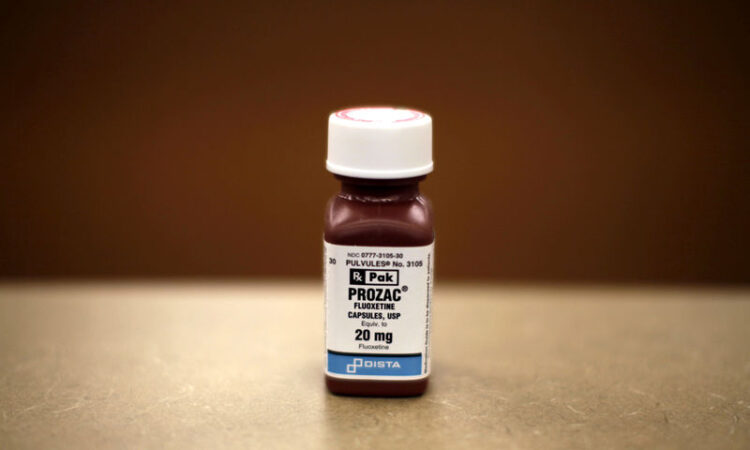Almirall’s Ebglyss poised for EU approval, challenging Sanofi and Regeneron’s Dupixent By Investing.com

Almirall, the Spanish pharmaceutical company, is on the brink of securing European Union (EU) approval for its IL-13 inhibitor lebrikizumab, marketed as Ebglyss, for atopic dermatitis treatment. The European Medicines Agency’s (EMA) human medicines committee has recommended the drug’s approval, setting up a challenge to the market-leading Dupixent, produced by Sanofi (NASDAQ:SNY) and Regeneron (NASDAQ:REGN).
The EMA’s positive opinion comes after its September meeting where it recommended Ebglyss as a treatment for people aged 12 years and over with moderate-to-severe atopic dermatitis, also known as eczema. The approval is contingent upon patients weighing at least 40 kg and being candidates for systemic therapy. Almirall anticipates that Ebglyss will be approved by the EMA within a couple of months and launched in its first EU market soon after.
This approval comes during a crucial period for Almirall, following a change in its chief executive and a concerted effort to expand its pipeline. The company considers lebrikizumab as its most significant product launch in several years.
Eli Lilly (NYSE:LLY) owns rights to lebrikizumab outside Europe and expects to gain approval and launch the drug before the end of this year. According to Evaluate Pharma, worldwide annual sales for lebrikizumab could peak at around $1.5 billion in 2028.
The primary competitor in this market is Dupixent (dupilumab), Sanofi and Regeneron’s IL-14 and IL-13 inhibitor, which dominates the atopic dermatitis market. Predicted to generate $7 billion from that indication alone at peak, Dupixent also treats other inflammatory diseases including severe asthma, chronic rhinosinusitis with nasal polyps, and others. Last year, Dupixent generated more than $8.8 billion in sales.
Clinical trials have shown promising results for Ebglyss. The phase 3 clinical development programme showed good and durable efficacy with the IL-13 inhibitor, with 80% of patients who responded to treatment at week 16 maintaining skin clearance and itch relief through one year of treatment with monthly maintenance dosing. This monthly dosing schedule is a key distinction for Almirall and Lilly, as Dupixent requires administration every other week.
The Committee for Medicinal Products for Human Use (CHMP) issued a positive opinion based on three pivotal Phase III studies: ADvocate 1, ADvocate 2, and Adhere. These trials tested Ebyglyss as a monotherapy and in combination with topical corticosteroids. In May, Eli Lilly unveiled data from randomised trials showing that up to 73% of patients receiving the treatment had enhanced or cleared skin on their face or hands at 16 weeks. Additionally, 80% of patients who achieved 75% in lesion extent and severity (EASI-75) by week 16 maintained the improvement after a year.
Get The News You Want
Read market moving news with a personalized feed of stocks you care about.
Get The App
This article was generated with the support of AI and reviewed by an editor. For more information see our T&C.






